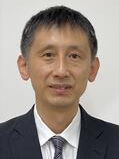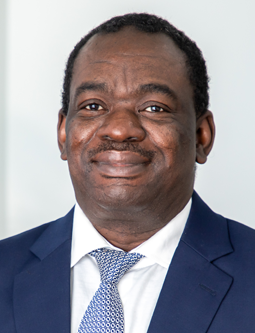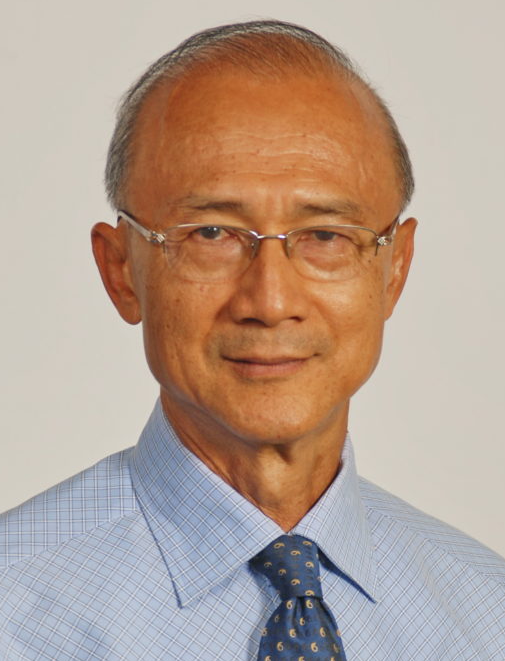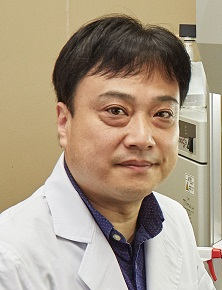
Professor
Taku Fujiwara
Kyoto University, Japan
|
Title:
Dual dissolved oxygen control system in oxidation ditches as an energy saving sewage treatment technology
Abstract:
The authors have developed a dual dissolved oxygen (DO) control system in oxidation ditches through a tripartite partnership between academia, industry, and government. Two DO probes are installed to adjust the DO gradient in the ditch and stably control the ratio of the aerobic/anoxic zone under large fluctuations in influent load. Therefore, this system can simultaneously achieve stable organic matter and nitrogen removal, energy saving and reduced hydraulic retention time. In the keynote speech, I will explain the development history from the basics of technology to full-scale demonstration and horizontal deployment.
|

Mr. Evariste
Kouassi-Komlan
UNICEF Representative in Mongolia
|
Title:
Impact Air, soil and water pollutions on Child health (Mongolia)
Abstract:
Air, soil and water pollutions are major threats to child survival and development. Despite measure taken by many governments, the impacts of these 3 mains burden continue to impact the lives on millions of children worldwide. The keynote will present the different analysis conducted in Mongolia on Polluted Air, soil and ground water and their direct and indirect effects on the health of young children. It will also define some options of improvement and share the highlights of simple solutions implemented that have changed lives of mothers and children.
|

Professor
Chongrak Polprasert
Thammasat University,
Emeritus Professor, AIT,
Thailand
|
Title:
Emerging Water Environment Issues Relating to Pharmaceutical and Personal Care Products (PPCPs) and Microplastics
Abstract:
Over uses of anti-biotic drugs in Thailand and other countries have resulted in the occurrence of drug-resistant bacteria, causing severe health and economic losses. Some fish samples in Thailand were also found to be contaminated with anti-biotic drugs. Recent studies found that advanced constructed wetlands and electrochemical oxidation processes were effective in degrading these contaminated drugs in wastewater. Another emerging water environment issue is microplastics which have been found to widely contaminate the water environment including aquatic organisms used as food and feed, tap and bottled water. More efforts should be made to reduce and reuse the plastic wastes.
Keywords: Water pollution, Emerging issues, Anti-biotic drugs, Microplastics
|

Professor
Kazuaki Syutsubo
National Institute for Environmental Studies, Japan (NIES)
|
Title:
Development of appropriate decentralized domestic wastewater treatment technology
Abstract:
Installation of centralized sewerage system has been delayed because of economic constraints in Southeast Asian developing countries. For effective control of the pollutant load in a short period of time, introduction of a decentralized domestic wastewater treatment system is reasonable option. In addition, the reduction in operating energy (costs) facilitates the introduction of treatment systems. This talk describes the result of pilot scale performance evaluation of novel aerobic trickling filter (Down-flow Hanging Sponge: DHS) for treatment of domestic wastewater from apartment buildings in Bangkok, and its potential for social implementation.
|


